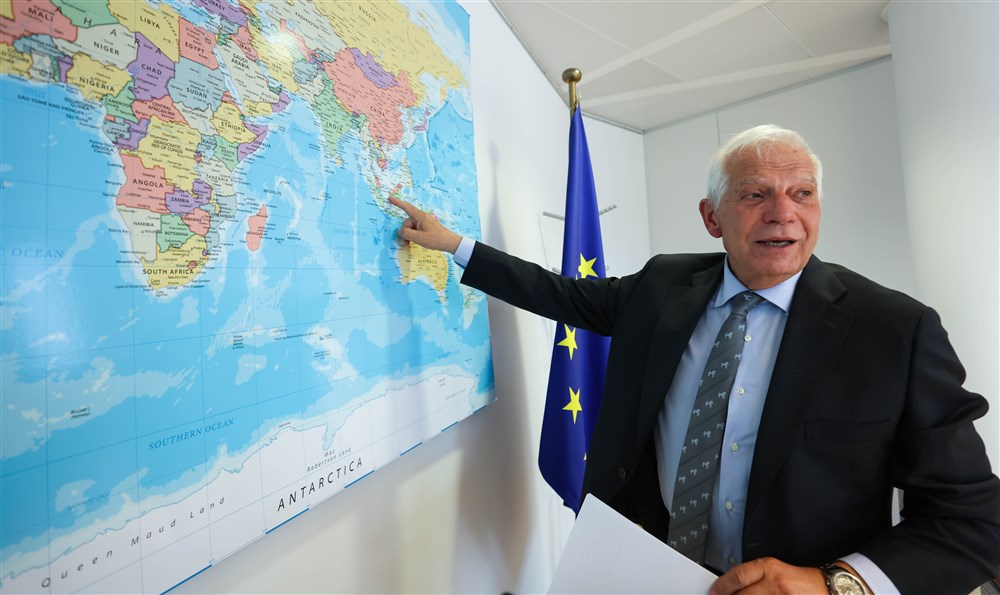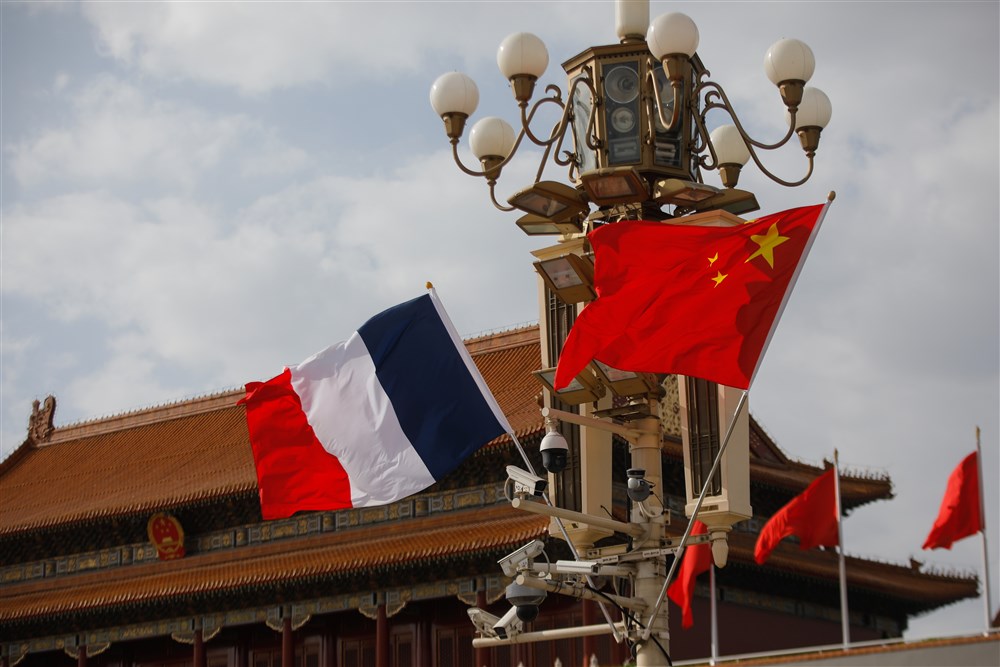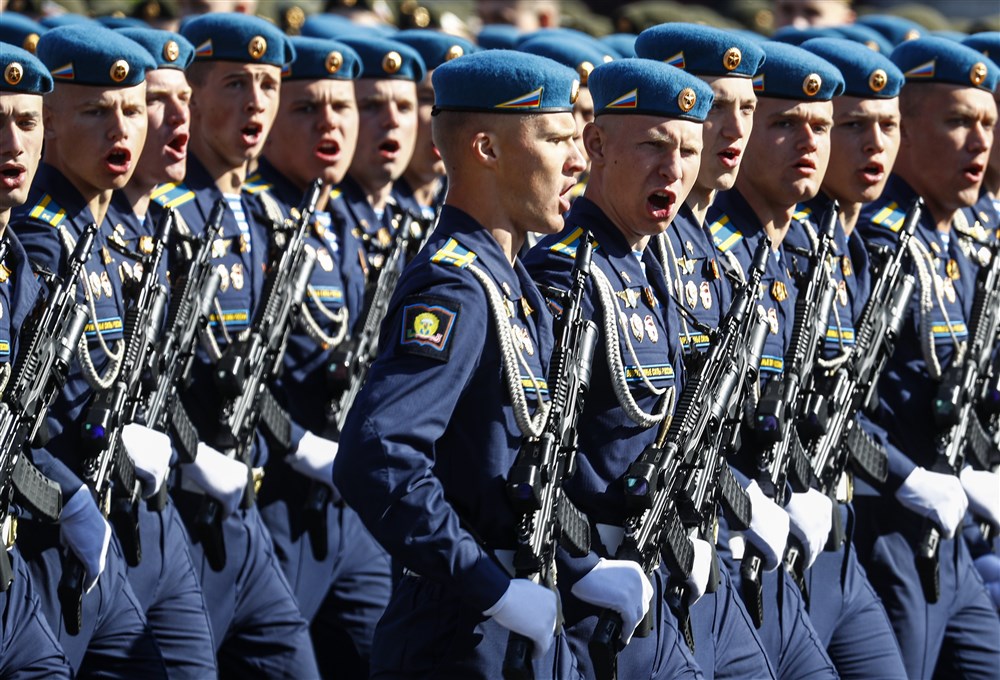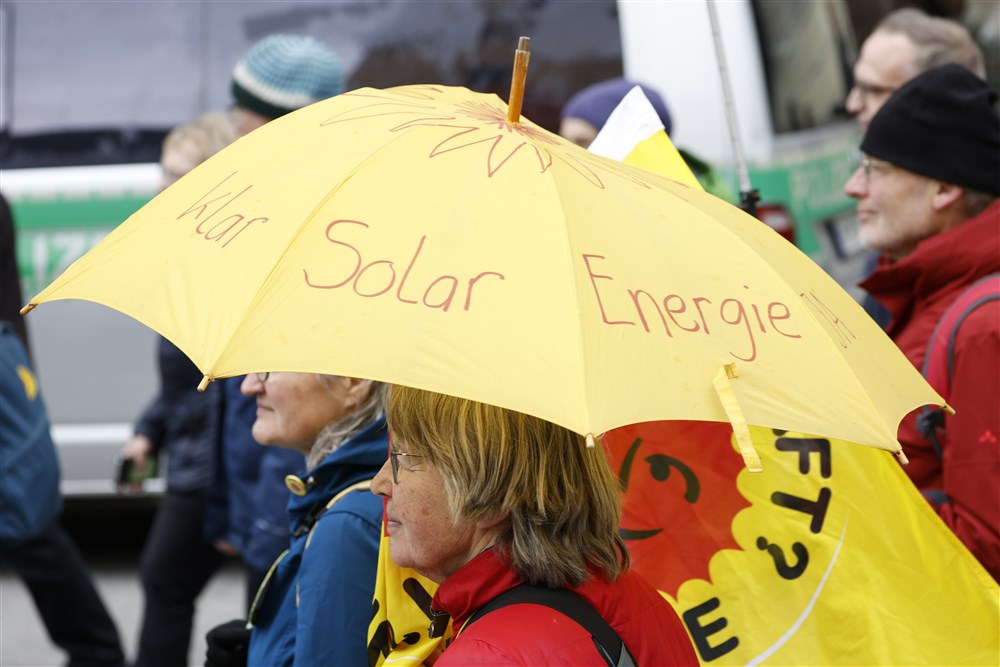EU leaders pushed for a coherent strategy to underpin Europe-China relations on April 18 in Strasbourg.
EC President Ursula von der Leyen and EU foreign minister Josep Borrell Fontelles said Europe needed to keep talking to China even if the continent now found itself in “rival mode”, with a desire to reduce its dependency on an increasingly pugilistic Beijing.
The EU leaders attempted to explain the delicate balancing act that the 27-nation EU needs to manage with China in order not to sever the “economic, societal, political and scientific ties” that exist, which add up to €2.3 billion in trade each day.
“Although there is the fact we are in rival mode we have to keep talking to China,” says Borrell Fontelles. “We can’t stop negotiating with China when it comes to sorting out the biggest problems in the world because China is not a democracy.”
The two speeches follow controversy caused by French President Emmanuel Macron, who during a visit to China urged Europe to take a more autonomous role on the world stage—including achieving “strategic autonomy” from the US. Some accused Macron’s visit to China, and which von der Leyen attended, of pandering to China and turning a blind eye to its anti-democratic forces that represent the opposite of what Europe is meant to stand for.
Borrell Fontelles spoke of “moral, ethical reasons” for the EU to push back against China, in addition to economic and security motivations. He also appeared to address the comments made by Macron about Europe taking a more autonomous approach in an increasingly multipolar world.
“Is Europe a pole in a multipolar world,” Borrell Fontelles said. “Does it have its own existence as a political entity, what we call strategic autonomy—or just autonomy—in Europe?”
He didn’t actually answer the question he posed, though he did say that a “plurality” of views among EU member states on the issue “doesn’t have to be a problem if we have an agreed position.”
When Ursula von der Leyen spoke after Borrell Fontelles, she highlighted how “having [a] clear-eyed assessment of the Chinese Communist Party’s actions and direction of travel, including its relationship with Putin’s Russia and its actions in the war in Ukraine, is a prerequisite for today’s discussion.” But there was no mention about the US or what the EU’s relationship with it should be. She did address the Taiwan issue—to a degree.
“The EU’s One China Policy is longstanding,” von der Leyen said. “We have consistently called for peace and security in the Taiwan Strait, and we stand strongly against any unilateral change of the status quo, in particular by the use of force.”
Some would argue the EU’s policy maintains a degree of strategic ambiguity, hence the need for Brussels to be bolder and clearer in its position toward the Chinese government.
“[The EU] needs to take sides in the democracy vs autocracy argument,” said Andrew Tettenborn, a professor of law at Swansea Law School. “It also needs to be more oriented towards getting agreement between member States, rather than—as at present—largely saying to the eastern European states that they should toe the line laid down by the Paris-Berlin axis,” he told The Brussels Signal.
“For too long it’s relied on the US for defence and failed to encourage its members to pull their NATO weight,” Tettenborn says. “For too long also it’s assumed that it can be a major diplomatic force between the US, China and others by a combination of mere moral suasion and economic size.”
Macron’s comments about achieving more autonomy from the US went down like a lead balloon among Eastern European diplomats, notes Politico. Those toward EU’s eastern edge have historically favoured closer ties with the US, especially in matters of defence. Poland’s premier Mateusz Morawiecki stated that ties with the US are the “absolute foundation of Europe’s security”—just before jetting off to the US on April 11 for talks.





